Water management Plans & Programs
Why Do I Need a Water Management Plan?
A water management plan (WMP) is considered your best preventive defense against Legionella. What a water management plan essentially does is evaluate every potential vulnerability in your building where Legionella bacteria could possibly grow. Also known as water quality plans or water safety plans, our WMPs focus on those vulnerable areas and assigning specific parameters and action items ensures that you are monitoring areas of risk. Developing a water management plan can be a very complex process. Industry experts at IWC Innovations offer two great approaches for putting together a comprehensive and compliant water management plan customized to your specific building – thus offering you maximum protection and Legionella risk mitigation.
Two Water Management Plan Options from IWC Innovations
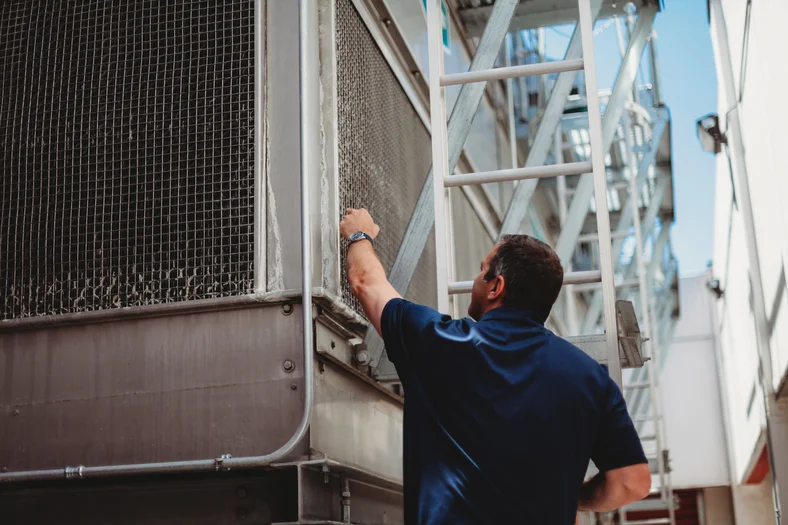
On-site Water Management Plans
An ASSE 12080-certified IWC Innovations Water Management Plan specialist will arrive on-site at your facility, assess your entire water system, complete a comprehensive survey, and provide you with a complete, ASHRAE Standard 188-compliant water management program for your team to follow. With this option, you’ll have:
- Customized Water Management Plan completed by IWC Innovations certified staff
- Onsite Survey Plan completed & delivered to you in full compliance with ASHRAE 188, CMS, CDC, TJC and all other state and local guidelines.
Technology-Assisted Water Management Plan
Through our SmartPlan App, IWC Innovations allows you to enter all of the necessary information for a customized and compliant water management plan for your specific building. With this option, you’ll have:
- App-based Water Management Plan that can be completed by all facility personnel
- A review, certification, and validation of your WMP by IWC Innovations expert staff in full compliance with ASHRAE 188, CMS, CDC, TJC, and all other state and local guidelines
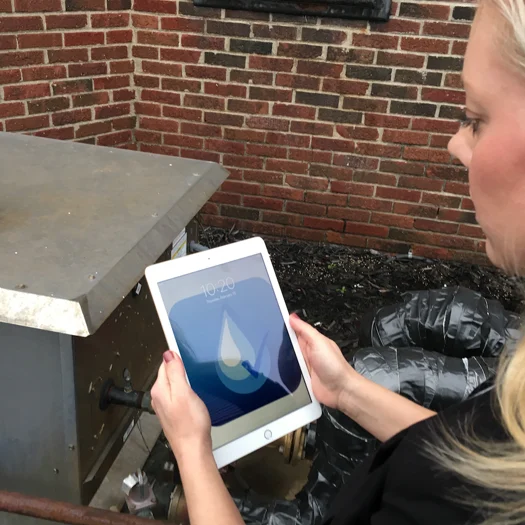
Is a Water Management Plan Required or Recommended for Your Industry?
Water management plans (WMPs) are critical tools for controlling waterborne pathogens like Legionella and ensuring safe, efficient, and compliant water systems. While healthcare is the most regulated sector for WMPs, several other industries and building types either require such plans by regulation or benefit greatly from their implementation.

Industries and Building Types Where WMPs Are Required by Regulations
Facilities Regulated by CMS, CDC, or TJC. Hospitals and healthcare facilities must be compliant with Centers for Medicare & Medicaid Services (CMS), Centers for Disease Control and Prevention (CDC), and The Joint Commission (TJC) regulations and are required to implement a WMP.
Large Residential Buildings. Buildings with multiple housing units and centralized potable water-heater systems are identified by ASHRAE 188-2021 as requiring a WMP.
High-Rise Buildings. Buildings over 10 stories high are generally required to have a WMP under ASHRAE 188-2021.
Elder Care Facilities. Buildings housing occupants over 65 years old, such as nursing homes and senior living centers, are required to have WMPs.
Facilities with High-Risk Populations. Buildings treating or housing patients with burns, chemotherapy, organ transplants, or immunocompromised individuals.
Facilities with Specific Water Systems. Any building with cooling towers, evaporative condensers, whirlpool spas, ornamental fountains, or aerosol-generating devices (misters, atomizers, air washers, humidifiers) is subject to WMP requirements under various local and national standards.
Industrial Facilities Using Reclaimed Water. In some states (e.g., Colorado), regulations require site-specific operation and maintenance plans (including disinfection and monitoring) for facilities using reclaimed water in cooling systems to minimize Legionella risk.
Certain Public and Commercial Buildings. Some jurisdictions require WMPs for public buildings, hotels, sports complexes, and large office complexes, especially if they have complex water systems or serve vulnerable populations.
Industries and Facilities Where WMPs Are Strongly Recommended
Industrial and Manufacturing Facilities. Industries with high water usage and complex water systems—such as food and beverage processing, pulp and paper mills, oil and gas operations, automotive and aircraft manufacturing, and electronics/semiconductor fabrication—benefit from WMPs to ensure process water quality, reduce downtime, and comply with environmental regulations.
Hospitality Industry. Hotels, resorts, and cruise ships, especially those with spas, pools, fountains, or large plumbing systems, are at higher risk for Legionella and benefit from WMPs to protect guests and avoid liability.
Educational Institutions. Universities, schools, and dormitories with extensive plumbing and HVAC systems are recommended to have WMPs to prevent outbreaks and ensure safe water for students and staff.
Commercial Office Buildings. Large office complexes, especially those with cooling towers and centralized water systems, are advised to implement WMPs for risk management and compliance with evolving standards.
Correctional Facilities. Prisons and jails, due to their size and population density, are at increased risk and should have WMPs in place.
Municipal and Public Buildings. Libraries, recreation centers, and government buildings with complex water systems or features like fountains and pools.
Data Centers and Critical Infrastructure. Facilities relying on large-scale cooling systems (e.g., data centers) should have WMPs to protect equipment and personnel.
Smart Cities and Urban Water Systems. As cities implement integrated water management for sustainability, WMPs become essential for managing potable, non-potable, and recycled water flows

| Sector/Facility Type | WMP Required by Regulation | WMP Recommended / Essential |
|---|---|---|
| Healthcare (hospitals, clinics) | Yes | Yes |
| High-rise buildings | Yes | Yes |
| Elder care/senior living facilities | Yes | Yes |
| Industrial (manufacturing, food, etc.) | Varies (some states) | Yes |
| Hotels, resorts, cruise ships, sports complexes | Varies (some states/cities) | Yes |
| Educational institutions | Varies | Yes |
| Commercial office buildings | Varies | Yes |
| Correctional facilities | Varies | Yes |
| Municipal/public buildings | Varies | Yes |
| Data centers/critical infrastructure | No | Yes |
| Facilities with cooling towers/spas | Often | Yes |
| Facilities using reclaimed water | Some states | Yes |
More About How Water Management Plans Help Prevent Legionella
The Water Drop: What is the Best Way to Prevent Legionella?
The Water Drop: Elevating Your Water Management Plan

Water Safety Compliance Made Easy: How We Support Your Team
One of the biggest value-adds that IWC Innovations offers in our water management plan program is a collaborative approach towards ensuring that your team’s compliance with the water management plan is up-to-date. Businesses have many regulatory and compliance requirements to pay attention to, alongside their regular day-to-day operations.
Our water management plan comes with a complete onboarding process to ensure that every member of your team is clear on all the follow-up items. At IWC, we also will continue our support for your team, setting calls at specific intervals to ensure that nothing gets dropped and that you ensure maximum compliance. IWC Innovations creates custom water management plans that follow guidelines for:
- Centers for Medicare & Medicaid Services (CMS)
- ASHRAE 188
- The Joint Commission (TJC).
We offer this service for all industries, from commercial buildings to healthcare buildings, manufacturing plants, sports arenas, cruise lines, government buildings, and more!
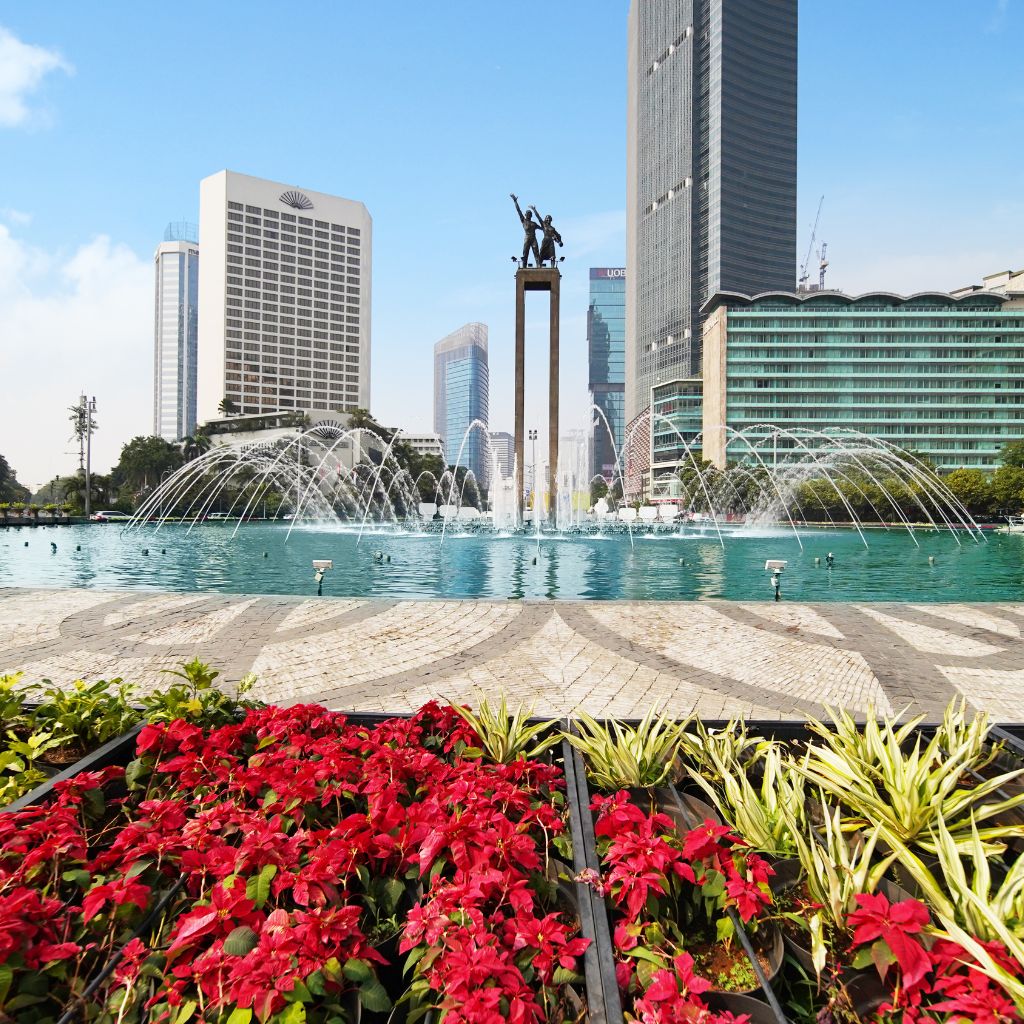
FAQs on Water Management Plans
A: Developing a water management plan with IWC Innovations is a comprehensive and collaborative process designed to ensure your facility is protected from Legionella and other waterborne pathogens. Our process includes:
- Conducting an onsite assessment by ASSE 12080 certified specialists or guiding you through our SmartPlan App for a self-directed approach.
- Establishing a dedicated water management program team.
- Describing your building’s water systems using detailed text and custom flow diagrams.
- Identifying all areas where Legionella could potentially grow and spread.
- Determining where control measures are needed and specifying how to monitor them.
- Setting up intervention actions for when control limits are not met.
- Ensuring the program is running as designed and is effective through ongoing review.
- Documenting and communicating all activities to your team for full transparency and compliance
A: The Smart Plan App™ takes approximately 1 hour and 30 minutes to complete. The intuitive table of contents allows for easy navigation and minimal backtracking. The IWC team takes care of the rest, including custom flow diagrams and tailored control measures. For plans developed by our certified staff through an onsite survey, the timeline may vary depending on the size and complexity of your facility, but our streamlined process ensures a prompt turnaround. After initial development, our team handles the rest, including creating custom flow diagrams and tailored control measures.
A: Yes, every water management plan from IWC Innovations is fully customized to your specific facility or building. We do not use generic templates—our experts assess your unique water systems, usage patterns, and risk factors to develop a plan that addresses your facility’s particular needs. Whether you choose our onsite service or the SmartPlan App, your plan will be tailored for maximum effectiveness and compliance.
A: Our water management plans include:
- A complete description and mapping of your water systems.
- Identification of vulnerable areas where Legionella may grow.
- Detailed control measures and monitoring protocols for each risk area.
- Clearly defined action items and intervention steps if control limits are exceeded.
- Documentation and communication guidelines for all activities.
- Custom flow diagrams and system schematics.
- Compliance with CMS, ASHRAE 188, CDC, and Joint Commission standards
Our commitment continues after your plan is delivered. We provide:
- A complete onboarding process to ensure every team member understands their responsibilities and the follow-up actions required.
- Scheduled follow-up calls at set intervals to support ongoing compliance and address any questions.
- Ongoing support from our experts to help your team stay up to date with regulatory requirements and best practices.
- Assistance with documentation, audits, and any necessary updates to your plan as your facility or regulations change.
If you have more questions or want to get started, please contact IWC Innovations for a consultation.
